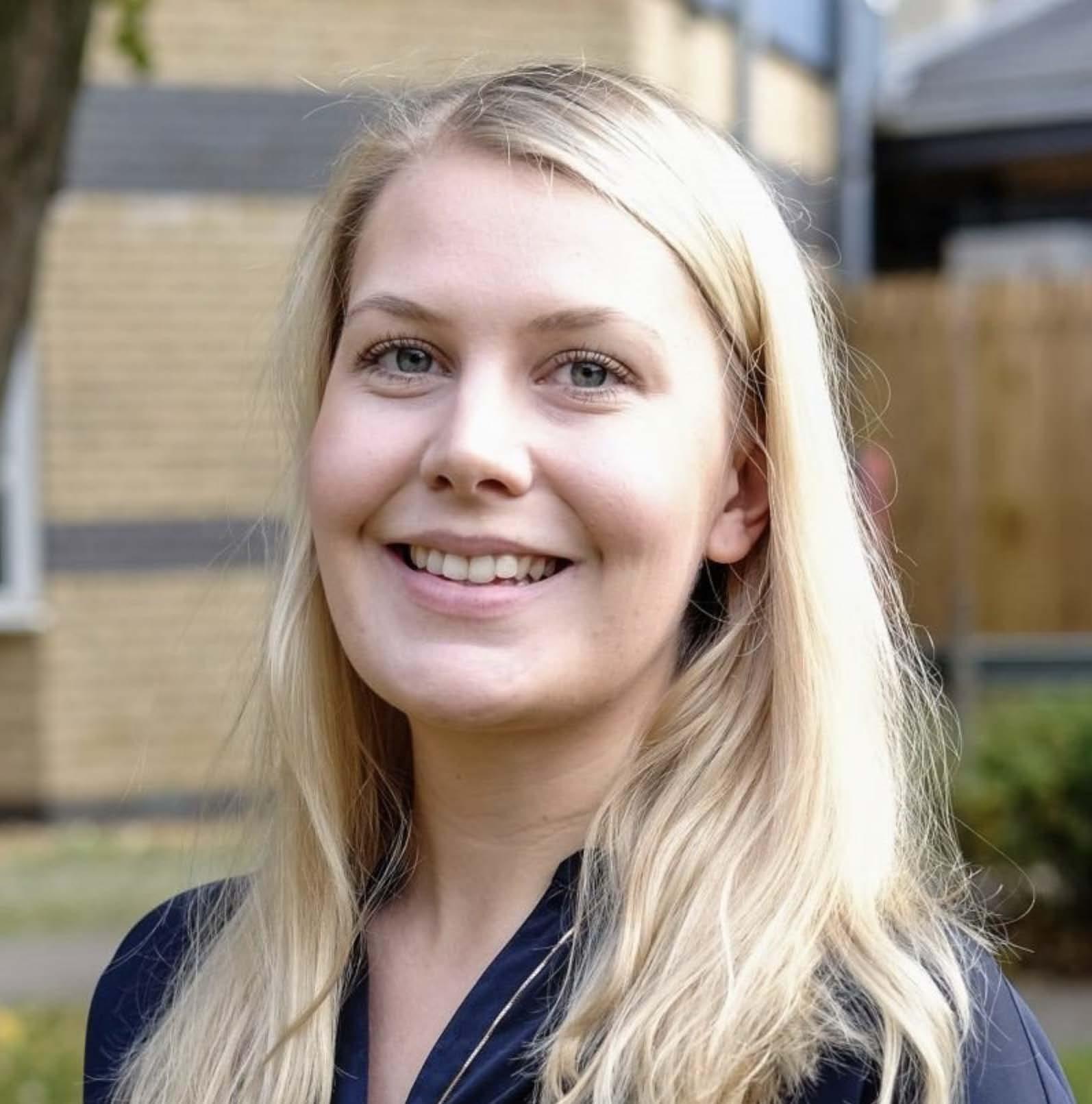


As the new year begins, we look at how technology continues to push the limits of what is possible. Technology has proven to change how we live, how we care for our bodies, and how we can help prevent climate change.
Although studies have shown that technology has many advantages, some sub-Saharan countries are still very poor, making it difficult for them to afford the cost of data, smartphones, and laptops, or even to develop the necessary skills to use technological devices.

CoE-Human supported research by Dr Lisa Ware, our senior researcher, Rachana Desai, and Sonja Klingberg, our grantees, to investigate how technology affects human development in our daily lives.



Telemedicine for blood pressure control in low- and middle-income countries: the journey ahead

Researchers have connected medicine with technology for years. Now you can easily research diseases and symptoms online with just a few clicks, and telemedicine makes it possible to receive medical care without physically being in the same room as a doctor or a healthcare provider. This can be done in the form of phone calls, texts, emails, even medication delivered to your door, and so on. Dr. Ware recently examined how patients in low- and middle-income countries can interact with healthcare professionals and access quality healthcare to better prevent and manage hypertension. While telemedicine and mHealth (mobile health) hold great promise for supporting better blood pressure control, the author states that it is crucial that such digital health initiatives are widely accessible to all patients and healthcare professionals (HCPs). If not, there is a risk that these systems will increase the digital and economic divides between and within countries and further exacerbate healthcare inequity, affecting those who cannot afford the best healthcare services. The article further emphasizes the significance of system integration and standardization for maximizing and monitoring outcomes such as patient health, tracking, appointments, use of health services, medication use, forecasting stock requirements, and evaluation of health systems’ efficacy inmanaging hypertension and multiple health conditions.
Even though there is a growing body of research on the advantages of technology for lowering blood pressure in low- and middle-income countries, scaling such technology in places like sub-Saharan Africa can be challenging with existing economic and digital divides. http://dx.doi.org/10.20517/ch.2022.16
 Dr Lisa Ware
Dr Lisa Ware
Dr Sonja Klingberg (2022) presents the results of qualitative research from Soweto with recent mothers, caregivers, and community health workers. The objectives were to explore barriers and facilitators to using digital health for community-based maternal and child health solutions from multiple perspectives and to map the existing services, practices and preferences of intended end-users.

The results highlight some of the downsides in current digital health resources as well as how difficult it can be to navigate what some authors refer to as information ecology. These findings support other reviews that indicate a general desire to use these services if user-experience is improved. According to the study, internet-based technology has enormous potential for health promotion, however, it may worsen inequalities as not everyone has consistent internet access. Findings also support earlier qualitative research from Soweto, which found that health concerns, particularly any future or relatively abstract health issues, must be viewed against the background of more pressing personal needs, like welfare and income, as well as underlying structural factors that health interventions rarely address. The authors emphasize the importance of conducting formative qualitative research to assist in the co-design of health interventions. They also advise further study on men’s use of digital health in this context.
https://doi.org/10.1371/journal.pgph.0001280
 Dr Sonja Klingberg
Dr Sonja Klingberg
“Must you make an app?”
A qualitative exploration of socio-technical challenges and opportunities for designing digital maternal and child health solutions in Soweto, South Africa


